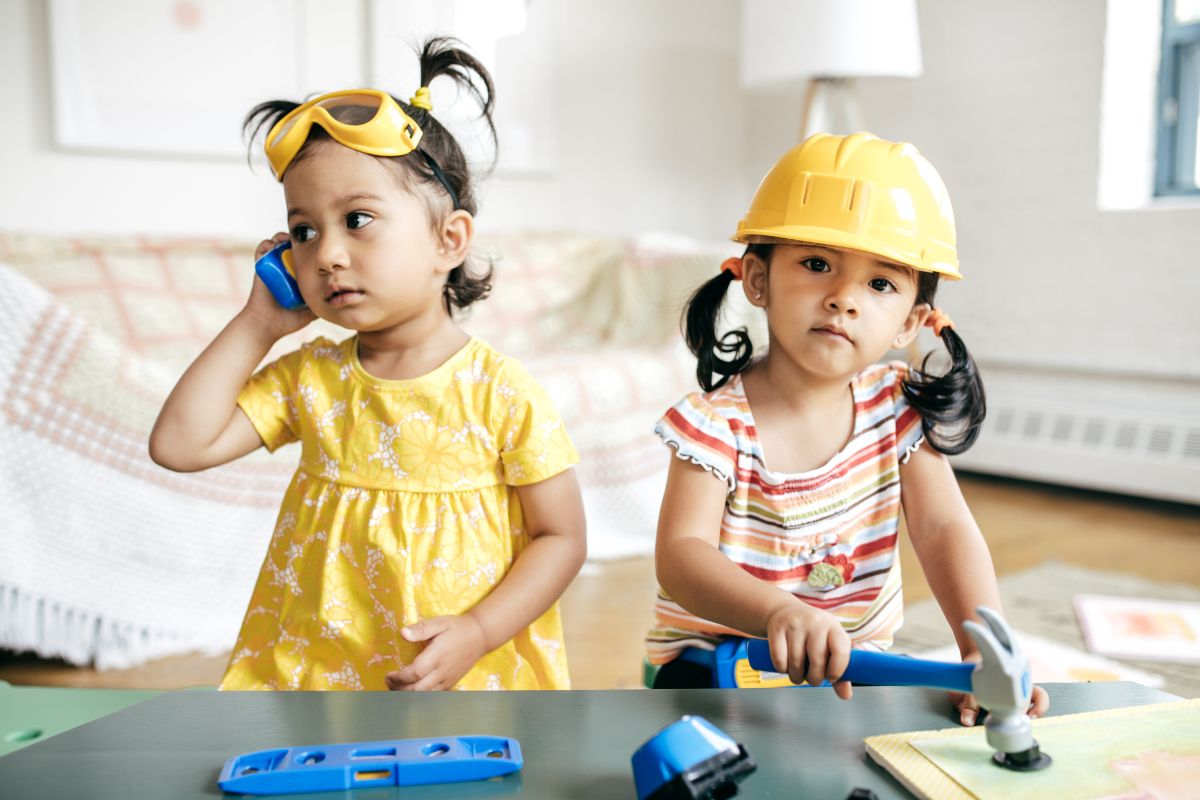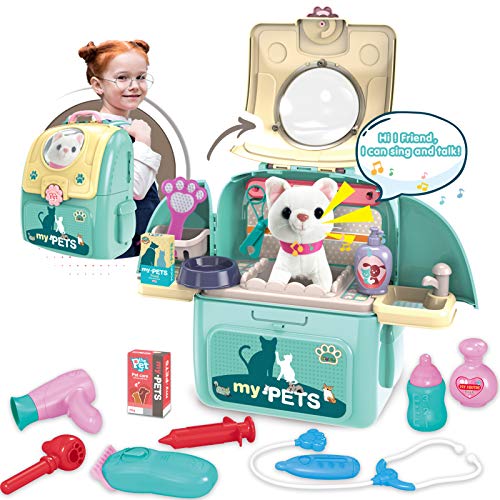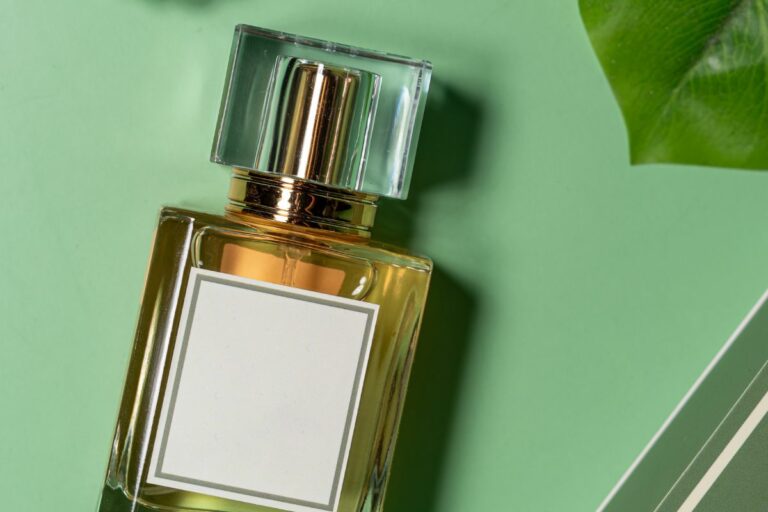The Dos and Don’ts of Toddler Perfume: Keeping Your Child Safe

As parents, we always want our children to look and smell their best.
But when it comes to toddler perfume, there are certain Dos and Don’ts that we need to be aware of.
The safety of our children is always a top concern, and exposing them to harmful fragrances or chemicals can lead to skin sensitivities, allergies, and even accidental poisoning.
In this post, we will explore the potential risks associated with toddler perfume and provide tips on keeping your child safe while enjoying the benefits of a pleasant scent.
We will also discuss the importance of reading labels and seeking natural, non-toxic alternatives.
By the end of this post, you’ll have the knowledge you need to make informed decisions about toddler perfume and keep your little one smelling fresh and safe.
In this article..
- Understanding the Risks: Why You Should Be Cautious with Toddler Perfume
- The Types of Fragrances to Avoid: Keep Your Child’s Skin Safe
- Choosing the Right Perfume for Toddlers: What to Look For
- Proper Application: Where and How to Apply Toddler Perfume
- Safe and Non-Toxic Alternatives: Natural Scents for Your Child
- Reading Labels: How to Identify Harmful Ingredients in Perfume
- Allergies and Sensitivities: What to Do if Your Child Has a Reaction
Understanding the Risks: Why You Should Be Cautious with Toddler Perfume
Can toddlers wear perfume?
It’s best to be cautious when it comes to toddler perfume.
Children have a higher rate of chemical absorption, meaning aromas can lead to adverse health impacts such as accidental poisoning and triggering allergies or asthma.
Fragrances have been safely used but can cause adverse effects at high concentrations.
Opting for natural scents like baby lotion or powder is better.
Fragrances in perfumes may have a long history of safe use, but certain chemical reactions can harm toddlers’ health if not used wisely.
Some reasons why parents should be cautious about toddler perfumes include the following:
- The risk of accidental ingestion: Toddlers are curious by nature and may accidentally ingest perfume, which could cause poisoning. It’s best to avoid smell on toddlers altogether.
- Fragrances can trigger allergies and asthma: Toddlers are more susceptible to developing allergies and asthma, and fragrances can trigger these reactions. It’s better to use natural scents on them.
- Chemical absorption: Toddlers have a higher rate of chemical absorption from their skin into their bloodstream, which could lead to health issues or irritations.
When purchasing perfumes for themselves, parents should be mindful of the types of ingredients in the product.
It’s best to opt for high-quality fragrances that do not contain dangerous chemicals.
Parents should also ensure that their products are sealed and kept out of the reach of little ones to prevent accidental ingestion.
The Types of Fragrances to Avoid: Keep Your Child’s Skin Safe
Parents should avoid using fragrances with harmful chemicals on their children’s skin.
Fragranced air fresheners, scented plug-ins, and baby products with parabens, phthalates, sulfates, and chemical sunscreens should be avoided to prevent skin irritation and allergic reactions.
To keep your child’s skin safe, choose fragrance-free lotions and personal care products.
Fragrance oils and melting wax can also contain harmful chemicals, so avoiding them is best.
Instead, try natural alternatives like essential oils.
Unfortunately, many popular baby products are marketed as gentle and safe but contain harmful chemicals.
It’s essential to read labels carefully and research before purchasing products for your child.
Look for brands that prioritize natural ingredients and avoid using synthetic fragrances or harsh chemicals.
By taking these steps, you can help protect your child’s delicate skin from unnecessary exposure to harmful substances.
Choosing the Right Perfume for Toddlers: What to Look For
Fragrances can contain harmful chemicals such as phthalates that can lead to adverse health effects.
Instead, parents should focus on natural scents such as baby lotion or powder.
If parents choose to wear perfume, they should be mindful of the amount used around their children.
There are several things to look for when choosing a perfume for toddlers:
- High-quality perfumes that do not contain dangerous chemicals such as phthalates.
- Natural scents such as baby lotion or powder.
- Avoid using perfume on toddlers altogether, if possible.
Research has shown concerning patterns in the adverse health effects of fragrances on children, with children being at increased risk.
It’s important to be aware of the potential dangers and avoid caution when using perfume on toddlers.
If parents choose to use perfume for themselves, they should be mindful of the amount used around their children.
Large quantities of perfume a parent wears can lead to adverse health effects on a toddler.
Instead, it’s best to use natural scents or limit the use of smell in the presence of a toddler.
Proper Application: Where and How to Apply Toddler Perfume
Proper application of toddler perfume is essential to ensure your child’s safety and comfort.
The best places to apply perfume for toddlers are behind their ears, necks, or wrists.
It’s important to teach children to spray lightly and avoid applying too much.
Parents should supervise children when applying perfume and ensure they use only child-safe materials to prevent skin sensitivities or allergies.
When it comes to applying perfume for adults, certain areas of the body are ideal for achieving a longer-lasting scent.
Pulse points, such as the wrists, inside elbows, behind the ears, and at the base of the throat, are functional areas to apply perfume.
Additionally, lifting the hair and spraying the back of the neck can prove beneficial for extending the fragrance’s life.
Some fragrances contain harsh chemicals and substances that can irritate the skin, so choosing child-safe products is crucial.
Parents should also consider the potential risks of using perfumes, as toddlers and young children may be more susceptible to skin sensitivities or allergies.
If your child experiences adverse reactions after using a particular scent, stop using it immediately and consult a pediatrician for guidance.
Safe and Non-Toxic Alternatives: Natural Scents for Your Child
Perfumes contain harmful chemicals that can harm children’s sensitive skin and respiratory system.
Luckily, parents have a variety of safe and non-toxic alternatives to choose from.
One of the parents’ best options is natural scents like essential oils, fragrant flowers, and herbs.
Here are some of the most popular natural scents that parents can use for their children:
- Lavender: Known for its calming and soothing properties, lavender can help children relax and sleep better.
- Peppermint: This refreshing scent can help children focus and ease headaches or nausea.
- Citrus: The uplifting aroma of fruits like lemon, orange, and tangerine can boost children’s mood and energy.
- Rosemary: This fragrant herb has a warm and invigorating scent that can improve concentration and memory.
Parents can use these natural scents in many ways, such as:
- Diffusing essential oils in the air with a diffuser or spray bottle.
- Adding a few drops of essential oils to a carrier oil, such as coconut or jojoba oil, and apply it to the skin.
- Making DIY natural perfumes with essential oils and alcohol or witch hazel.
When choosing natural scents for their children, parents should ensure they are pure and organic, free of synthetic fragrances and additives.
They should also be aware of any potential allergies or sensitivities their children may have to certain scents.
Reading Labels: How to Identify Harmful Ingredients in Perfume
To identify harmful components in fragrances, it is essential to read the labels carefully.
Here are some tips to help you navigate through confusing perfume labels:
- Look for safety symbols or certifications on the front and back labels that indicate the product is safe and non-toxic.
- Research the brand and check if they have a reputation for using natural and safe ingredients.
- Avoid products that contain toxic chemicals such as carcinogens, aldehydes, and toluene.
- Use online resources such as the Environmental Working Group (EWG) to find out more about personal care products made with safe ingredients.
Additionally, it’s important to note that perfume manufacturers are not required to disclose all ingredients on the label.
So it’s essential to be cautious when choosing a perfume for your child.
Regarding children, it’s always better to be safe than sorry.
Consider using non-toxic natural fragrances, such as essential oils.
Allergies and Sensitivities: What to Do if Your Child Has a Reaction
If your child reacts, remove the source of the fragrance and wash the affected area with soap and water.
Oral antihistamines can help with itching and other symptoms.
Seek medical attention if the reaction is severe.
In addition to perfume, parents should watch out for other common allergens and irritants.
The most common triggers include pollen, mold, pet dander, dust mites, and certain foods.
Symptoms of an allergic reaction can include itching, swelling, hives, difficulty breathing, and anaphylaxis.
If your child experiences any of these symptoms, seeking immediate medical attention is essential.
To prevent allergies and sensitivities, parents can take several steps.
One of the most important things is to avoid exposure to known allergens or irritants.
This may mean cleaning your home regularly to remove dust and allergens, avoiding certain foods if your child has a food allergy, or avoiding perfumes and fragrances that irritate your child’s skin.
Sometimes, you may also need to work with an allergist or immunologist to identify specific triggers and develop a treatment plan.
If your child has a severe allergy or sensitivity, you can also take other steps to protect them.
For example, in an emergency, you may need to carry an epinephrine auto-injector (such as an EpiPen).
You may also need to talk to your child’s school or daycare about their allergy and ensure that teachers and caregivers know the potential risks.









